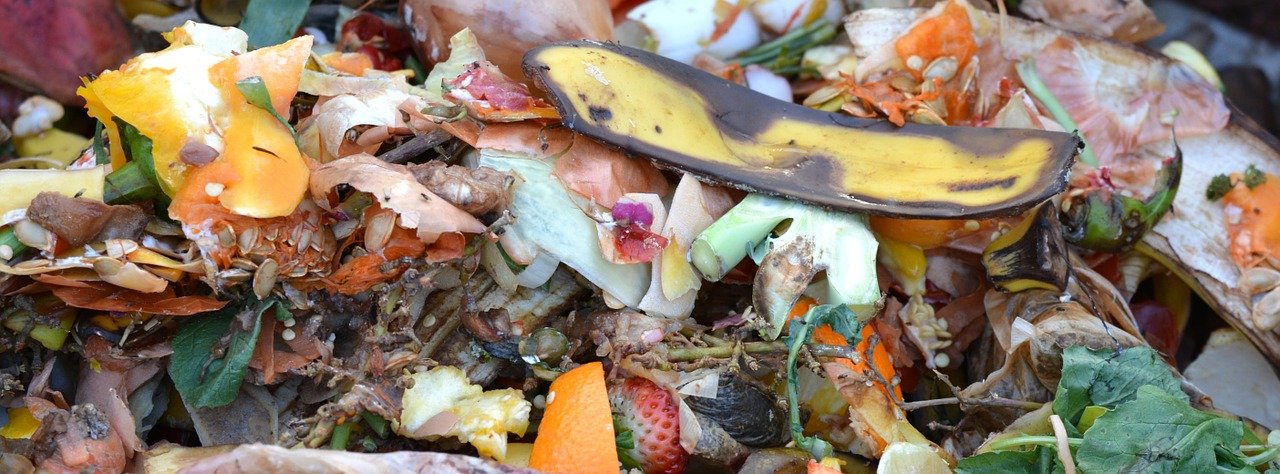5 things you should never put in your compost

5 Things you should never put in your compost
Are you interested in starting a compost pile but are overwhelmed by all the options, or is your compost not performing as you’d hoped? Well, don’t worry, I am here to help.
Compost is amazing for your garden because it is so rich in nutrients and using your own compost can save money and reduce waste. Although it can seem daunting to start with, once you get through all the waffle and jargon, the process is really simple and forgiving – you can check out this article to help you start composting whatever your budget or space.
5 Worst things to compost
1. Tomato Plants and Foliage
Tomato plants are easy to grow which makes them the most widely homegrown vegetable, but they are also one of the most easily diseased. And this disease can easily spread throughout your compost pile. Most home compost piles don’t reach high enough temperatures to kill the pathogens and spores so they’ll be laying wait to transmit to your plants when you use the compost.
What to do with tomato plants
Option 1: Put the effort in and compost them yourself – In order to safely compost potentially diseased plants, it is crucial the pile is hot: between 55°C and 77°C. This takes more work than most are willing to do, but if you are willing, then there are plenty of articles out there to help. This one talks specifically about composting tomato plants.
Option 2: Put them in the council green bin.
2. Fish, meats, fats, and oils
By adding meat, fats, and oils to your compost you are going to attract the unwanted attention of pests and cause your compost pile to smell bad. All while slowing your pile’s decomposition right down! The reason the decomposition grinds to a crawl is that bacteria that do most of the work in a compost pile are aerobic. But, the bacteria that break down animal products are anaerobic.
What to do with meats, fats, and oils
Option 1: Try an indoor approach with a kitchen composter. You can put any food waste in and it works faster than a traditional outdoor compost pile. The Skaza Bokashi are good (I’m in the process of testing them now and will have a review up). They are made from recycled material and create compost tea which can be used as fertiliser and a natural drain unblocker. The solid material left in the bucket is an amazing compost base that is safe to add to your compost.
Option 2: Put them in the council food waste bin.
3. Carnivourus animal and human poo
Just no! Carnivorous animal and human faeces can carry harmful pathogens, parasites and infectious diseases which you don’t want to be spreading around your garden and certainly not getting anywhere near your vegetable patch.
Poo from herbivores, like horse, rabbit, cow, and chicken are safe to add.
What to do with all the poo
I own a dog and the amount of mess to clear up is astonishing. I am currently using bags, as these are the easiest but it is on my list to reduce the waste I am creating. One thing I’m considering is creating a DIY dog poo composter, let me know your ideas and experiences.
4. Plasic-coated paper
Unfortunately, some paper is coated with plastic to make it bright, colourful, and glossy. This plastic coating won’t decompose and may also have toxins that harm your plants.
What to do with plastic-coated paper
First, try reuse, magazines can be passed onto friends or sometimes places with waiting rooms are looking for second-hand magazines and books. Depending on how eagerly you’ve unwrapped your present, wrapping paper can be reused for future presents.
If you can’t reuse then repurpose it; my kids love using the pictures in magazines to create art.
5. Treated ash, sawdust, lawn cuttings
This includes painted wood, stained wood, varnished wood, pressure-treated wood, charcoal briquettes with additives, and lawn cuttings that have had weed, feed or fertiliser. The chemicals and herbicides can stay in the compost and negatively affect your plants’ health.
Bonus – 3 things you might not want to add
These things are completely bad for your compost but are worth considering before adding.
Citrus Peels and Onions
If cut up small they compost fine – all be it slower than other organic materials – but the acidity can slow down decomposition and can upset the worms you hopefully have in your compost pile. So if you want to add them, do it occasionally.
Bread, rice, cakes, donuts, pastas, and dairy products
These will decompose fairly quickly but they will attract pests and make the compost pile smell. You can reduce this by burning them deep down and adding lots of brown material on top of it to “trap” the smell.
Seed cores
Before adding vegetable scraps to the compost pile consider removing the seeds otherwise, you may get vegetables popping up in unexpected places. I learnt this the hard way when some bonus butternut squash appeared in with my tomatoes!